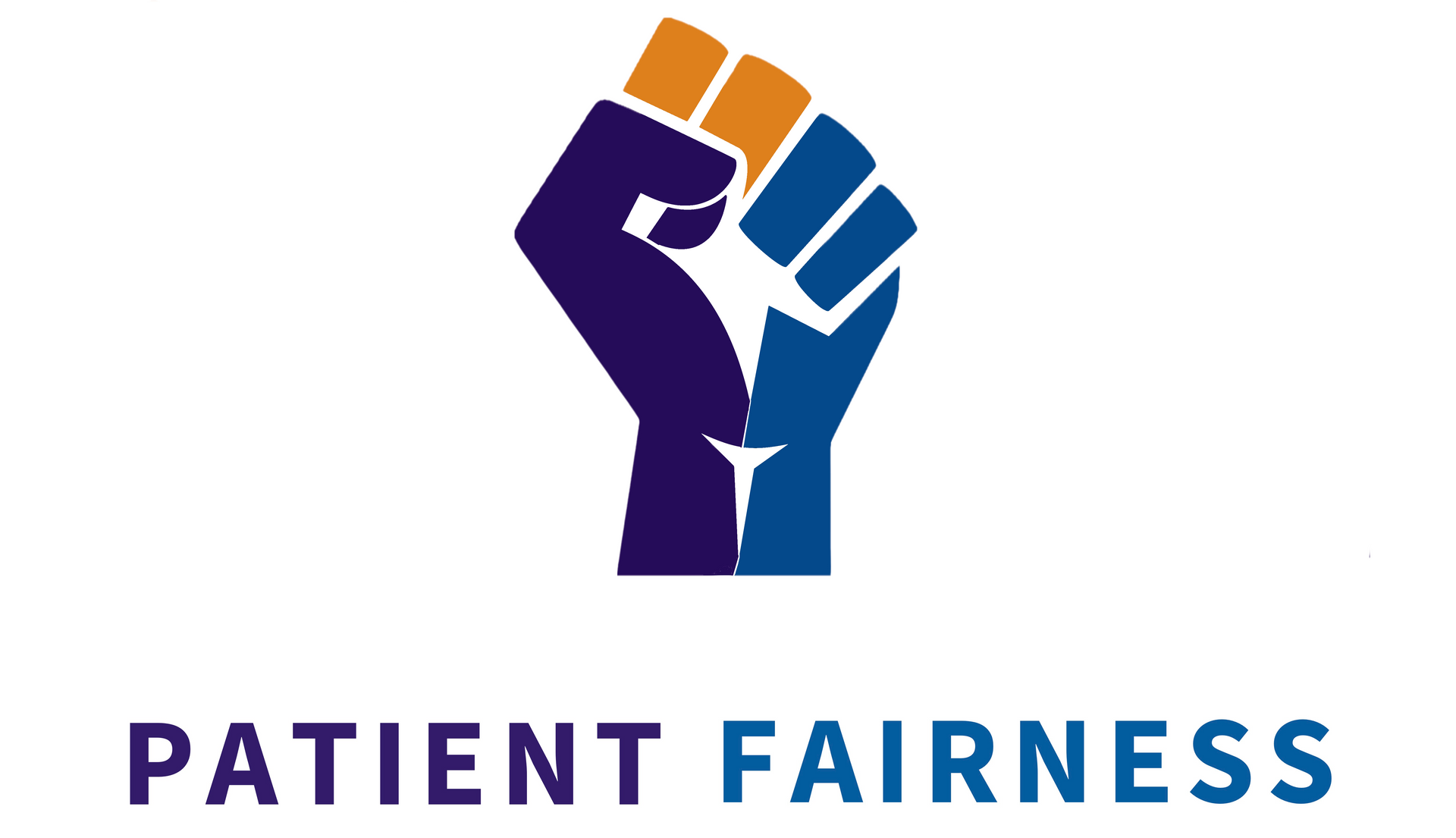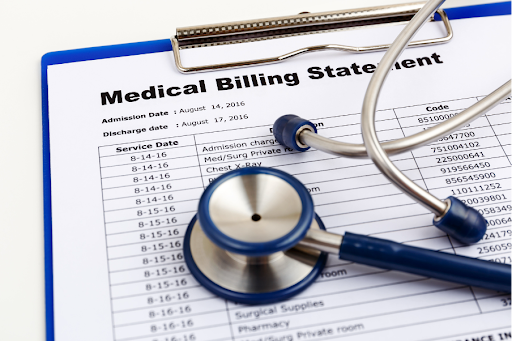Charity Care and Financial Assistance for Medical Bills
Medical bills can be a crushing burden, especially when you're uninsured, underinsured, or dealing with sudden health care costs. While disputing unfair or overpriced charges is often the best approach, some patients don’t have a solid reason to dispute, or simply don’t want to. That doesn’t mean they’re out of options. If you're unable to pay a medical bill in full, charity care and financial assistance may provide relief.
At Patient Fairness, we believe in helping patients understand all paths to address an unfair or excessive medical bill, not just how to dispute the bill. In this post, we’ll break down the key differences between charity care and financial assistance, how to apply, and when each option makes the most sense.
Charity Care vs. Financial Assistance: What’s the Difference?
Most hospitals, especially nonprofit ones, offer some type of program to help patients manage medical costs. However, it's important to understand the distinction between charity care and financial assistance—they’re not always the same.
What Is Charity Care?
Charity care refers to free or discounted medical services for patients who meet certain income or hardship criteria. It’s typically reserved for individuals who cannot afford to pay for some or all of their medical services. Charity care is often part of a nonprofit hospital’s mission, especially those affiliated with religious institutions.
The IRS requires nonprofit hospitals to follow specific rules for offering charity care:
- They must publish a clear policy on who qualifies and how to apply.
- That policy must be available on their website, on-site signage, and even on billing documents.
- Patients must be given at least
240 days (around 8 months) to apply after receiving a bill.
- Providers must allow patients to fix incomplete applications.
- Collection efforts must pause while a charity care application is being reviewed.
- The provider must send a written decision with reasoning once the review is complete.
Charity care may be the best option to reduce or eliminate a medical bill if you lack the financial means (e.g. household income, assets, etc.) to pay the bill especially if there are no grounds to dispute the medical bill with the provider. Charity care may not be the best option to reduce or eliminate your medical bill if you have grounds to dispute the medical bill with the provider, and your expectations for the dispute are to eliminate the bill or achieve a reduction greater than what the charity price would be.
What Is Financial Assistance?
This is where the waters get murkier.
Some hospitals use "financial assistance" as a broader term. It may include charity care, but it can also refer to:
- Payment plans that stretch out costs over time
- Medical loans (sometimes with interest)
- Help applying for third-party financing, like credit cards
In some cases, a provider may offer financial assistance to any patient, regardless of their ability to pay. However, this kind of help may come with strings attached—like interest or fees—and may not reduce the overall bill at all.
If you’re experiencing a genuine inability to pay, it's better to pursue charity care, not general financial assistance. The two are not necessarily interchangeable, and charity care typically is far more beneficial to the patient.
When Should You Apply for Charity Care?
You should consider applying for charity care when you cannot afford your bill and have no grounds to dispute it. This might include:
- A legitimate charge that you simply can’t pay
- A medical emergency that left you uninsured or underinsured
- Services that were necessary but exceeded your income or savings
Do not request charity care while actively disputing a medical bill. A dispute is your assertion that the charge itself is invalid, incorrect, or unfair, not just unaffordable. Mixing these two strategies sends conflicting messages. A dispute tells the provider you don’t agree with the bill; a charity care doesn't not challenge the bill, but asks the provider to reduce the bill under its charity policy.
Getting Help: Dollar For
Applying for charity care can be confusing, time-consuming, or even intimidating. Patients interested in charity care may consider using Dollar For.
Dollar For is a nonprofit firm that helps patients access hospital charity care. Dollar For is not affiliated with Patient Fairness. Dollar For offers patients:
- Learn about their eligibility for charity aid.
- Navigate charity policies and paperwork.
- Submit applications for charity aid.
If you're facing financial hardship from a medical bill, and want to pursue charity care instead of disputing the medical bill, Dollar For may be of help.
Know Your Options and Pick the Right One
Patient Fairness empowers patients to take control in addressing a problem medical bill. We are here to help you dispute a bill you think is unfair or you otherwise don’t owe. Consider seeking charity care or financial assistance if you don’t think disputing the bill is the right approach.
If you’re not sure where to start with your medical bill, open a case for free with
Patient Fairness, and we’ll tell you what issues and concerns you have dispute the bill.











